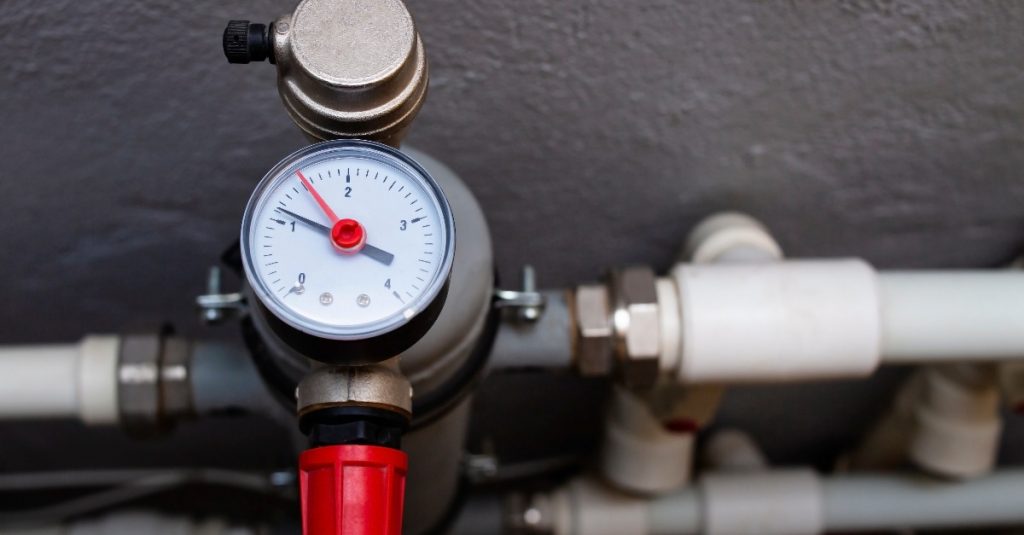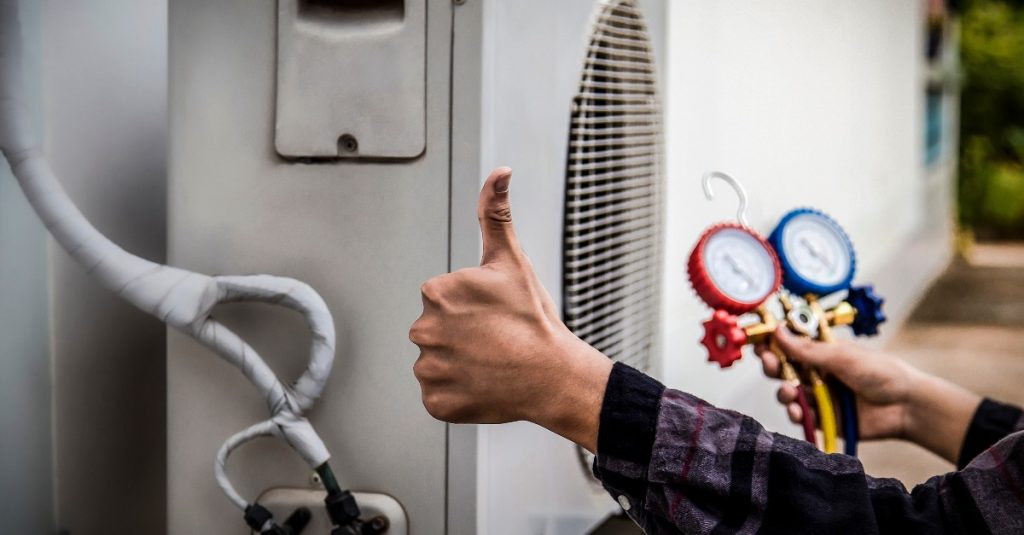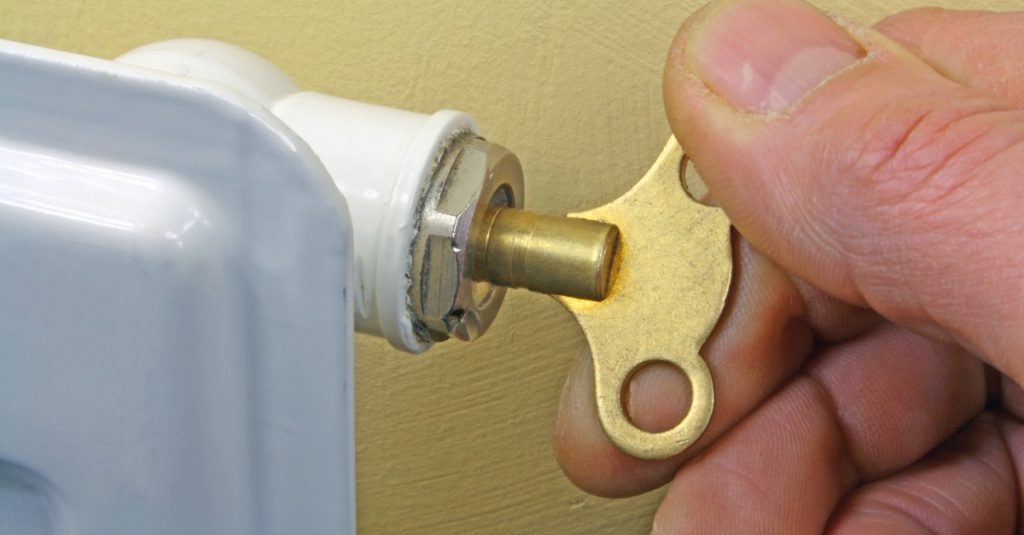As winter approaches, people want to keep as warm as possible in the cold weather. Many people love the calmness of hot showers in the chilling months. If the boiler stops working, that comfort changes into misery, and the cozy winter nights are turned into a nightmare. Even with regular servicing, a huge temperature drop can affect your boiler’s working. This article will explain everything you need to know about boiler pressure, common problems people face with boilers, and how to fix them.
What is boiler pressure?
Boiler pressure, measured by a pressure gauge located inside or underneath the boiler, ensures that hot water can flow through the entire heating system and maintains efficient water flow throughout the house.
The boiler might not work properly if you’re having trouble with your boiler’s pressure. If the pressure is too low, the hot water may not reach all parts of the heating system. If it’s too high, overload could cause the system to fail.
How do I check boiler pressure?
The method of checking boiler pressure varies depending on the model. Boiler pressure is usually checked with a pressure gauge. The pressure gauge is a round dial on the front or under the control panel of most modern boilers. It might be hidden beneath the pipework on an older boiler. If you cannot find it, check the manual for your device.
What is the ideal boiler pressure?


Boiler pressure can increase or decrease depending on when the water heats or cools down. When the central heating system has cold water, the normal boiler pressure should be between 1 and 1.5 bar. The ideal system pressure is 1.3 bar, according to most manufacturers.
When the heating is turned on, the boiler bar pressure will rise by about 0.3 to 0.5 bar. This is completely normal. When the water is hot, the ideal boiler pressure should be between 1.5 and 1.8 bar. It is also normal to get pressure around 2, but pressure beyond that is usually considered too high.
Telltale signs that your boiler is losing pressure
Below are some common symptoms of a boiler losing pressure.
- The water does not warm up when you run the hot tap.
- When your central heating is turned on, your radiators aren’t heating up.
- An error code indicates that your boiler has shut down by itself.
Is it dangerous if boiler pressure is too low?
Keeping the boiler pressure stable is essential for your system to function correctly. Your boiler and central heating will not work well if the pressure in your boiler falls below the minimum safe pressure. Instead, it will consume a lot of energy if you attempt to heat your home with low pressure.
So, is low pressure on a boiler dangerous? It is unlikely that low boiler pressure will damage your central heating system or boiler, neither will it pose a safety hazard; however, the performance will be compromised. When there is less pressure, your heating system must work harder to heat your home. Your costs go up; the harder it works, the more energy it uses.
It goes without saying that rooms with inefficient heating will take longer to warm up. If you are concerned about heat and efficiency, you might want to pay attention to the pressure in your boiler. Your boiler uses more energy to heat and circulate water in the presence of low pressure.
What causes low boiler pressure?


The downside of the majority of modern boiler systems is low pressure in boiler. It usually happens when your boiler hasn’t been used in a while, like during the summer. A decreased amount of water circulating through your system indicates low boiler pressure. The two most common reasons for low boiler pressure are outlined below.
System leakage
Low boiler pressure may be brought on by a system water leak. It may not always be simple to locate a water leak. This is due to the fact that a significant portion of the pipework of your system is inaccessible. However, you can look for indications of leaks wherever your system is accessible. Pipes and radiators require your special attention in this case. A simple visual inspection should be enough to find a leakage in the system.
Leaks can be detected by looking for water or other moisture indicators on your pipework. Stains and damp patches on your ceiling or walls can also indicate leaks in the system. Leaks can often be found in the pipes that connect your radiators and the joints in your pipework. However, condensation in colder rooms should not be mistaken for a potential leak. If there are any leaks in your system, you will need to hire a professional to fix them; don’t risk it by doing it yourself.
There may be a leak in your boiler itself in some cases. If there are no other indications of a leak in your system, this could be the case. If you think your boiler is leaking, you might need professional help like Aquatek. A professional will look inside the boiler for any leaks that could be causing boiler pressure as low and will inspect it.
Bleeding radiators


In the summer, many people bleed radiators to increase the system’s heating capacity. Some people also bleed a radiator when it isn’t heating up as well as it should because of air pockets. If you’ve recently bled your radiators, this could be a significant cause of low boiler pressure. When radiators are bled, air that has become entrapped in the system is let out, restoring the radiators’ functionality. However, the escaped air also lowers the pressure of the water.
If you’re experiencing low pressure on boiler, the best decision is to consult and hire a professional service like Aquatek to take care of it, and don’t take any risk. However, below is the guide you can follow to fix low boiler pressure if you want to do it yourself.
How to increase low boiler pressure
There are several ways to adjust the low boiler pressure, and the best way for you depends on your boiler type and model. Below are some easy and practical steps you can follow for boiler repressuring.
- Your boiler must first be turned off and allowed to cool. This is very important because you don’t want to put yourself in danger of touching water or hot boiler pipes. Because hot water can cause scalding, prioritize safety and give your boiler time to cool down.
- Second, make sure that both ends of the filling loop are securely fastened. A pipe that connects your boiler to the mains water supply is called a filling loop. Your boiler may have either an external or internal filling loop, depending on the model.
- Thirdly, open the valves at both ends after securing the filling loop. This will make it possible for water to begin entering your system. It should sound like it’s filling your boiler.
- Fourth, keep an eye on the pressure gauge. The pressure in your boiler will rise as the water begins to enter the system. Depending on the manufacturer’s recommendation, allow the gauge needle to rise between 1 and 1.5 bar.
- Turn off the filling loop’s two valves when the temperature reaches the green zone. The system’s water supply will be cut off due to this. The valves must be closed one by one, not simultaneously.
- Turn your boiler back on after closing the valves on the filling loop. Press the reset button on the manual reset switch on your boiler’s controls. To ensure that the water pressure remains constant, monitor the pressure gauge.
- If you’ve an external filling loop, remove the filling loop by undoing both ends. This will result in some spillage, but this is completely normal. The water that spilled out is easy to wipe away. Keep the filling loop where you can return to it if needed.
If you’re unsure of the procedure or can’t figure it out, it is always a good idea to seek professional help. A professional will thoroughly examine and fix the issue without causing potential harm to the system.
How is low boiler pressure affecting my hot water?
If your water is not as hot as you expect it to be, low pressure boiler might be the reason. Boiler pressure significantly affects the temperature of the water and should be kept in check.
Are boiler pressure & water pressure the same thing?
The plain and simple answer is- no! The water pressure determines how quickly it flows out of your taps or shower. In contrast, boiler pressure is the pressure of the hot water within your heating system.
Low boiler pressure explained by the experts at Aquatek!
Boiler pressure is crucial to ensure you get hot water when you turn on the taps and feel warm and cozy when you enter your home.
However, low boiler pressure can ruin your homey winter nights. To make sure you don’t feel cold in the freezing weather, keep an eye on the boiler pressure, look for symptoms of low boiler pressure and adjust the pressure by following the above guide.
If you need more clarification or still have questions about boiler pressure, you can reach out to us! For any troubles with your boiler, contact Aquatek to get professional help, so you’re not left with cold water in your house.



